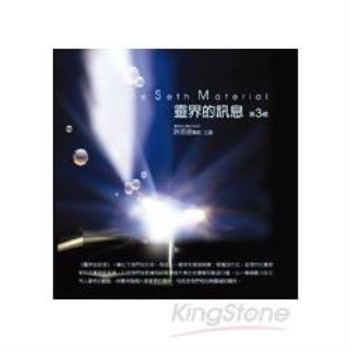This book explores the works and influence of the eighteenth-century British composer Charles Avison. Although he spent most of his life in the northern town of Newcastle upon Tyne, Avison went on to have a marked impact on the musical life of Britain during the second half of the eighteenth century. His concertos become part of the national concert repertory, while his critical treatise, An Essay on Musical Expression, shaped debates about musical aesthetics. This book provides the first sustained examination of Avison’s musical works and compositional techniques, and it traces how his music not only drew on influences from European composers but also reworked them and in turn, influenced others.
Considering Avison’s musical compositions, the circumstances around their composition and dissemination, and their place in music history, the author confronts preconceptions about the quality of Avison’s music, reveals new dimensions of his work as a composer, and demonstrates the enduring popularity and impact of his music. The author also draws on Avison’s writings to consider how closely he adheres to his own musical aesthetics. Reassessing Avison’s contribution to British music history, this study makes the case for understanding him as an important figure in the development and spread of musical styles across eighteenth-century England.| FindBook |
有 1 項符合
The Musical World of Charles Avison: Melodic Charm and the Powers of Harmony的圖書 |
 |
The Musical World of Charles Avison: Melodic Charm and the Powers of Harmony 作者:Fleming 出版社:Routledge 出版日期:2024-12-02 語言:英文 規格:精裝 / 312頁 / 普通級/ 初版 |
| 圖書館借閱 |
| 國家圖書館 | 全國圖書書目資訊網 | 國立公共資訊圖書館 | 電子書服務平台 | MetaCat 跨館整合查詢 |
| 臺北市立圖書館 | 新北市立圖書館 | 基隆市公共圖書館 | 桃園市立圖書館 | 新竹縣公共圖書館 |
| 苗栗縣立圖書館 | 臺中市立圖書館 | 彰化縣公共圖書館 | 南投縣文化局 | 雲林縣公共圖書館 |
| 嘉義縣圖書館 | 臺南市立圖書館 | 高雄市立圖書館 | 屏東縣公共圖書館 | 宜蘭縣公共圖書館 |
| 花蓮縣文化局 | 臺東縣文化處 |
|
|
圖書介紹 - 資料來源:博客來 評分:
圖書名稱:The Musical World of Charles Avison: Melodic Charm and the Powers of Harmony
內容簡介
作者簡介
Simon D. I. Fleming is a Durham-based teacher, organist and musicologist who previously taught in the Music Department at Durham University. His research focuses on music in eighteenth-century Britain, with a particular focus on the north of England. He has published articles in The Musical Times, The Consort, Early Music, The Royal Musical Association Research Chronicle and Eighteenth-Century Music, and has spoken at numerous conferences.
|











